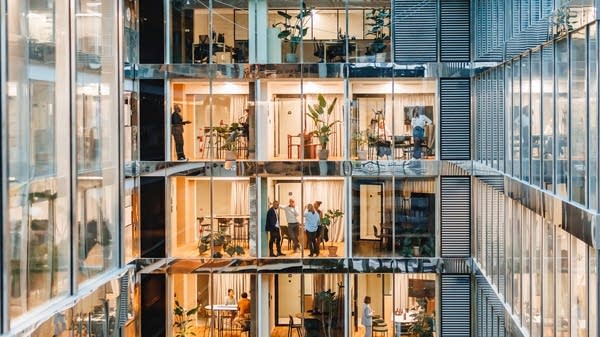Could relaxing patents help poorer countries get vaccines faster?
India, South Africa, and Kenya want to try. The U.S., EU and U.K. aren’t interested.

It’s the second day of Americans being vaccinated against COVID-19, and a second vaccine may be approved by the end of the week.
The world’s poorest countries, on the other hand, may not be able to get any vaccine at all until 2024, by one estimate.
To deliver vaccines to the world’s poor sooner that, some global health activists want to waive intellectual property protections on vaccines, medicines and diagnostics.
India, South Africa and Kenya have asked the World Trade Organization to allow pharmaceutical plants in the developing world to manufacture patented drugs without having to worry about lawsuits.
Christopher Snyder, an economist at Dartmouth University, thinks that may not be the most effective route.
“Vaccines are notoriously difficult to reverse engineer. So in that sense working around the patent is not going to be that helpful,” he said.
But for some countries, it might help.
“Many developing countries of course don’t have sophisticated manufacturing facilities, countries like India, countries like Brazil do,” said Dean Baker, senior economist at the Center for Economic and Policy Research.
The United States, Britain and the European Union, have repeatedly rejected the proposal at the WTO.
Julia Barnes-Weise, the executive director of the Global Healthcare Innovation Alliance Accelerator, said there’s an incentive for wealthier countries to make sure poorer ones get a vaccine.
“Nobody’s safe until everybody’s safe,” she said. “So as long as the virus is circulating everybody is still in danger because we live in such a connected world.”
There is precedent for relaxing intellectual property rules: In 2001, in response to the HIV/AIDS crisis, the Doha Declaration gave low-income nations the right to import and produce generic versions of patented medicines.
Correction (Dec. 15, 2020): Julia Barnes-Weise’s name was misspelled in an earlier version of this story.













